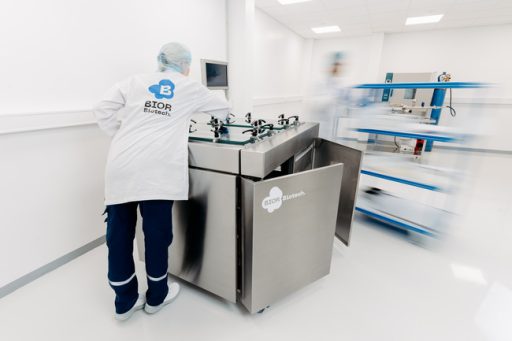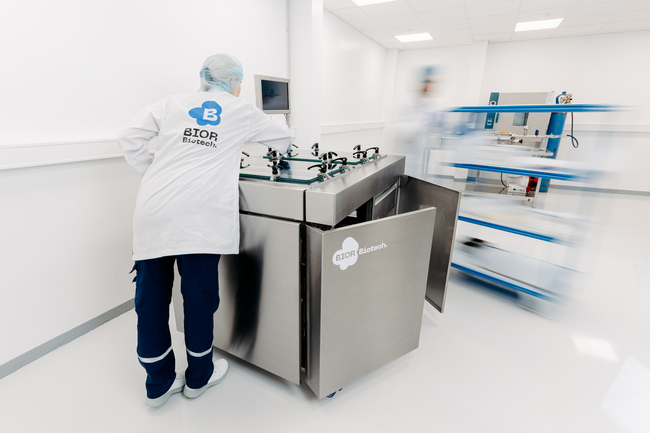BIOR Biotech has unveiled an innovative solution poised to revolutionise farm operations by significantly enhancing soil vitality while drastically cutting synthetic fertiliser dependency by 25-75%.
Following an extensive period exceeding seven years dedicated to research, development, engineering, and rigorous trials, BIOR Biotech introduces an unparalleled technology that promises to be an invaluable asset for farmers globally. ‘BIOR’, an abbreviation for ‘BIO Reactor’, represents a groundbreaking approach to the continuous production of vital soil microorganisms, crucial for maintaining soil health and ensuring peak plant development. This cutting-edge technology offers farmers the ability to generate biofertiliser (microorganisms) directly on their premises with minimal operational costs, thanks to the system’s full automation which handles all stages of preparation, cultivation, and both routine and final assessments of the biofertiliser’s quality, all underpinned by AI. Throughout its operation, the device meticulously regulates more than 15 crucial process parameters.
Here are some of the key advantages:
- Up to a 75% reduction in nitrogen fertiliser costs and consumption.
- Near elimination of CO2 emissions.
- Potential for a return on investment in under a year, varying with farm size.
- Entirely automated and AI-driven machinery.
- 15 additional major benefits, including improved growth, enhanced resistance to diseases, drought, and various stressors, among others.
- Negligible operational expenses and very low energy requirements.
- A distinctive autonomous microscopy system for thorough qualitative and quantitative quality checks.
With an estimated 650 million farms worldwide, around 13 million could recoup their investment in BIOR technology within two years. BIOR Biotech anticipates its market debut by the end of 2024, with aspirations to distribute at least 1,000 units in 2025.
“Every piece of soil on planet Earth contains all the nutrients plants need to grow. The problem is that these nutrients are not directly available to the plants; they need microorganisms to assist in making them accessible.” – Dr. Natalia Faragoova, Chief Soil Microbiologist







